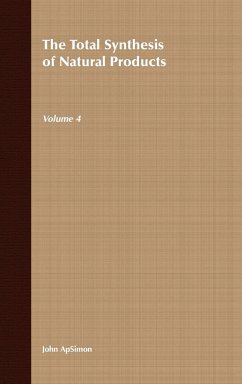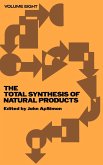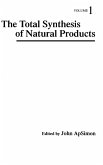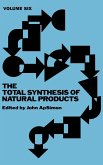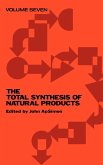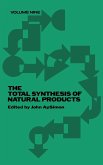The Vocabulary of Organic Chemistry Milton Orchin, Fred Kaplan, Roger S. Macomber, R. Marshall Wilson & Hans W. Zimmer Identifies those terms and concepts which now constitute the vocabulary of organic chemists, then defines and explains these terms and concepts, most often using examples. Organized so that subject matter builds successively on increasingly varied and complex material. All terms and concepts related to a particular area are placed together, except for one chapter on name and type reactions, which is alphabetically arranged. The only book of its kind--valuable to students, teachers and chemical professionals alike. 1980 Protective Groups in Organic Synthesis Theodora W. Greene Provides essential information on transformations of organic molecules, including instructions and references for the protection and regeneration of the major organic functional groups: -OH, -NH, -SH, -COOH, and C = O. Covers the best methods of formation and cleavage, properties of protective groups, selection of a group for a particular need. Organization is by functional groups to be protected, with groups arranged in order of increasing complexity of structure, and with most efficient methods of formation or cleavage described first. Charts show the reactivities of 270 of the most commonly used protective groups to 108 reagents, selected as prototypes for the entire array of reagents available to the organic chemist. 1981 Basics of Electroorganic Synthesis Demetrios K. Kyriacou A veteran organic electrochemist illuminates fundamental ideas and principles by means of selected examples from the literature and his own research, demonstrating the practical unity of the field in a clear, concise manner. Describes the general electroorganic reaction and illustrates the general mode of concepts and applications in the area of electrosynthesis. Contains a brief survey of electroorganic reactions and coverage of special topics and the praxis of electroorganic synthesis. 1981
Bitte wählen Sie Ihr Anliegen aus.
Rechnungen
Retourenschein anfordern
Bestellstatus
Storno

